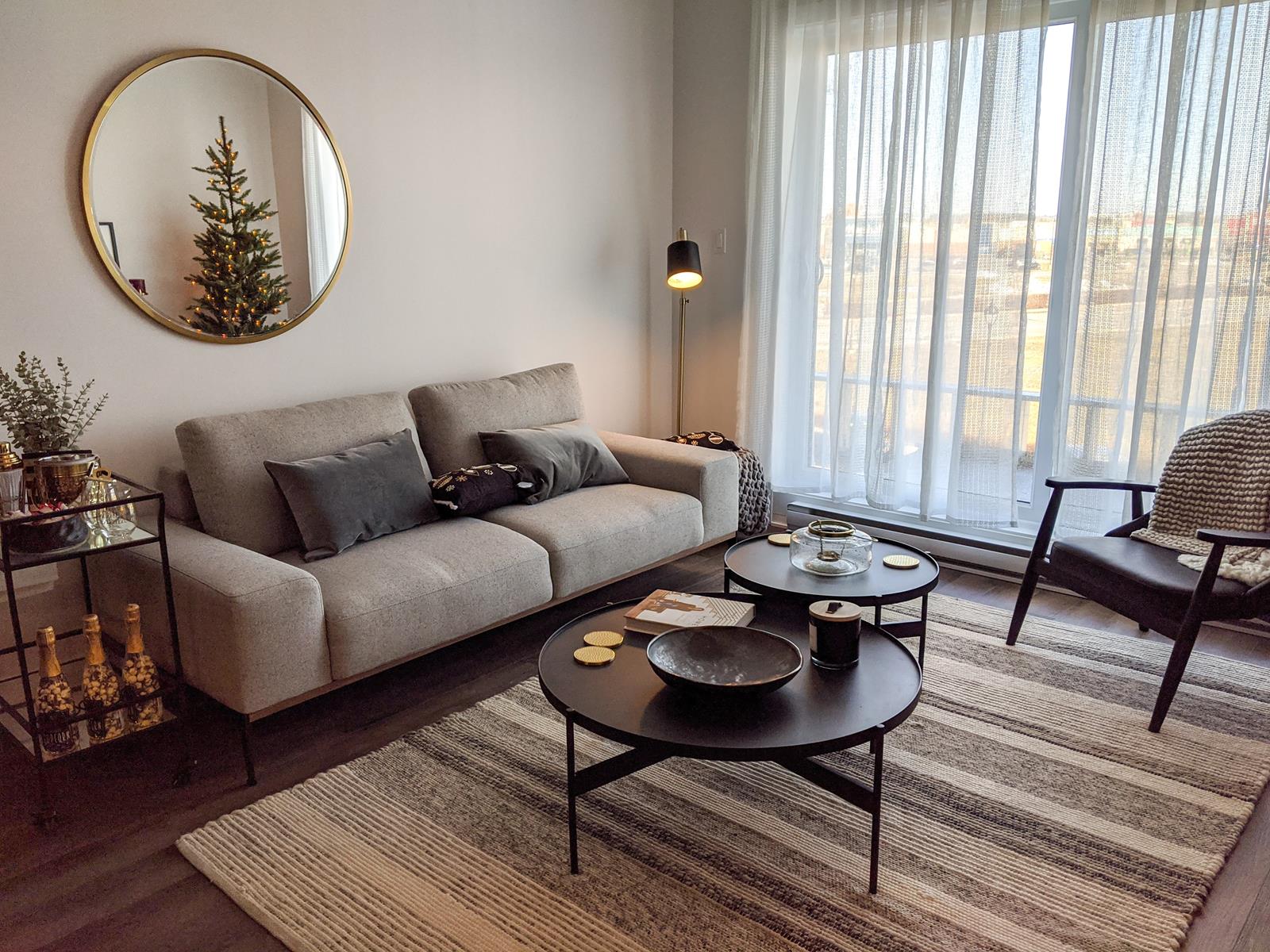New York City Furniture Store

A New York City furniture store captures the dynamic rhythm, diversity, and distinctive style of the city, not just a location to purchase furniture. New Yorkers’ way of life, work, and expression of themselves via their houses amid towering buildings, historic brownstones, and quickly changing neighborhoods depends in great part on furniture businesses. Whether hidden on the Upper West Side, Brooklyn, or SoHo, Brooklyn, these companies are carefully selected locations where modern architecture coexists with historical charm and beauty meets purpose. Strong competition exists; demand is high; the customer is diversified. If a furniture company in New York City wants to thrive in this environment, it must represent character, creativity, and convenience, not just a place to purchase furniture. In this city, furniture stores shape the skyline and resident way of life.
The Urban Consumer and Curated Selection
New Yorkers’ fast-paced and space-conscious way of life greatly affects their furniture purchasing habits. Unlike suburban areas where homes provide considerable room, NYC apartments need flexible and tiny stuff. A well-run furniture company in the city picks its inventory in accordance with these limits. Selection must be reasonable, containing items that satisfy modern tastes and address realistic concerns of urban living. Not only valued are folding dining tables, couch beds, and storage pieces as décor.
Apart from simple convenience, the cultural and visual diversity of New York influences consumer decisions. From inventive artists in Williamsburg to basic apartment residents in Tribeca, a furniture company needs to appeal to a broad spectrum of interests. In this sense, success requires a knowledge of complicated life, not just for offering current trends. Retailers have to mix wide appeal with tailoring to reflect customers’ individuality. This helps a furniture company to become a curator of city life rather than just a seller.
Design Philosophy and Brand Identity
In a city where design intersects with everyday necessity, a furniture company must be clear and consistent in its brand identity. Every piece on display should obviously represent its design philosophy, whether it highlights mid-century modern aesthetics, supports locally created goods, or moves toward environmental approaches. Often motivated by the production values as much as the look of an object, New Yorkers are picky buyers. Great craftsmanship, imaginative design, and transparency in sourcing are among the qualities that engender lifetime loyalty.
Included in brand identification also is the in-store experience. A New York physical furniture store has the opportunity to create a tangible, immersive atmosphere in a world becoming more and more digital. Well designed showrooms enable customers to genuinely feel furniture, move it, and interact with other elements. This kind of practical interaction turns the shopping journey from transactional to experiential. By use of layout, lighting, and materials, a furniture business that successfully conveys its design story helps customers to see how the brand may enhance their own surroundings. The narrative of the furniture becomes personal, hence every thing feels less like a product and more like a part of the home.
Innovation and the Role of Technology
Keeping leadership in the competitive retail scene in New York City demands adopting innovation. Technology is not just an extra; it is becoming a required instrument for operations and customer contact of furniture companies. Leading retailers now offer augmented reality technologies, computerized room planners, and customized interfaces allowing clients to see furniture in their own homes. Busy New Yorkers who value expediency without sacrificing aesthetic exploration should find particularly interesting this hybrid encounter wherein digital meets real.
Moreover, e-commerce integration allows furniture stores to expand beyond their physical presence. Online sites should provide easy navigation and fast customer service while also reflecting the voice, style, and quality of the in-store experience. Smaller, boutique businesses are also utilizing comparable technology as their customers want design along with convenience. Technology enhances backend operations from customer data management to inventory monitoring, therefore enabling businesses to remain agile and attentive to changes. In a market as fast-moving as New York, the ability for exact pivoting might make all the difference between standing out and blending in.
Community Engagement and Local Influence
Many outstanding New York City furniture stores are unique in their links to the neighborhood. Far from turning into lifeless chains, these businesses may become hubs for creative interchange, cultural contact, and communal pride. Funding social programs, planning events, or engaging with surrounding artists helps a company remain grounded in the area it targets. Consumers then develop to be relational, that is, their allegiance outside of the transaction.
In a city that celebrates authenticity especially, this kind of relationship is really important. Companies that convey a story appeal to consumers, especially one that reflects the vitality and vigor of New York. Using locally sourced materials, displaying handmade skills, or offering specialized services targeted to local needs, a furniture company markets itself as part of the evolving tale of the city. These businesses offer furniture as well, therefore helping to define the neighborhoods New Yorkers live, enjoy, and grow in.
Conclusion
At the dynamic crossroads of design, function, and cultural value, a furniture store in New York City finds great success. In a landscape formed by constant flux and diverse preferences, such a company needs to be agile, thoughtful, and motivating. Selecting furniture that reflect urban life, supports a strong design identity, uses technology for customizing, and actively involves the community helps a furniture shop to become more than simply a place to purchase. Though it also relates to materials and design, every piece of furniture conveys a narrative about people, events, and surroundings. Every aspect matters in the life and complexity of the city; a well-curated business answers with inventiveness, empathy, and conviction. Accepting the essence of New York living, the furniture store transcends commercial to be a beacon of what it means to live beautifully, practically, and intentionally in one of the most well-known cities on planet.